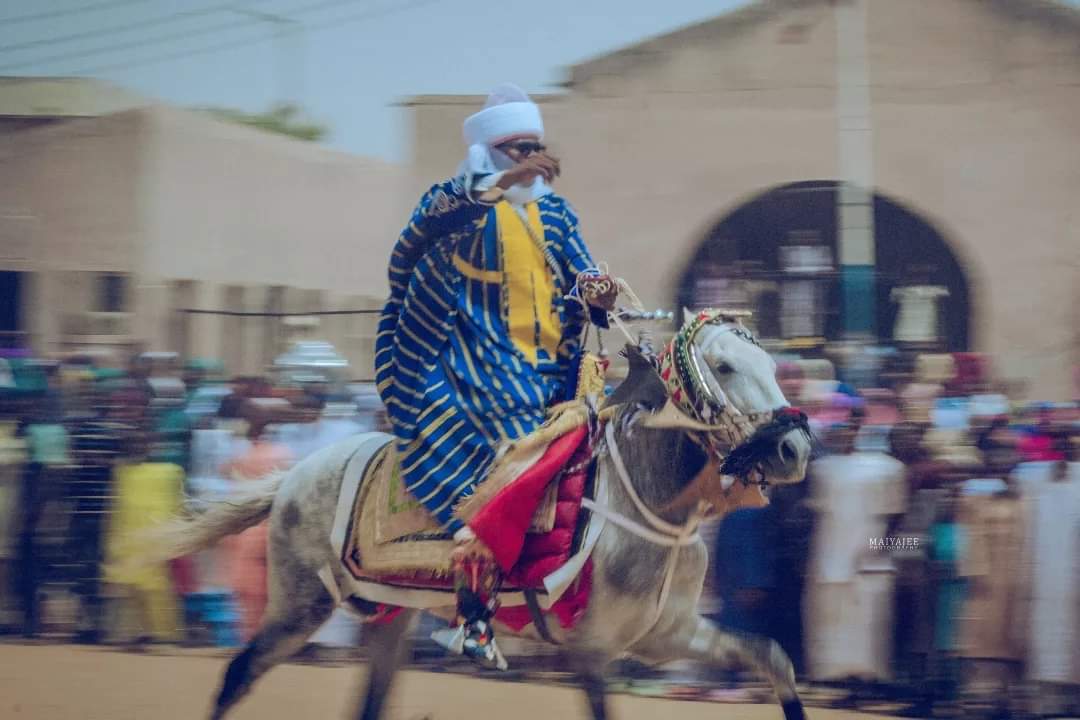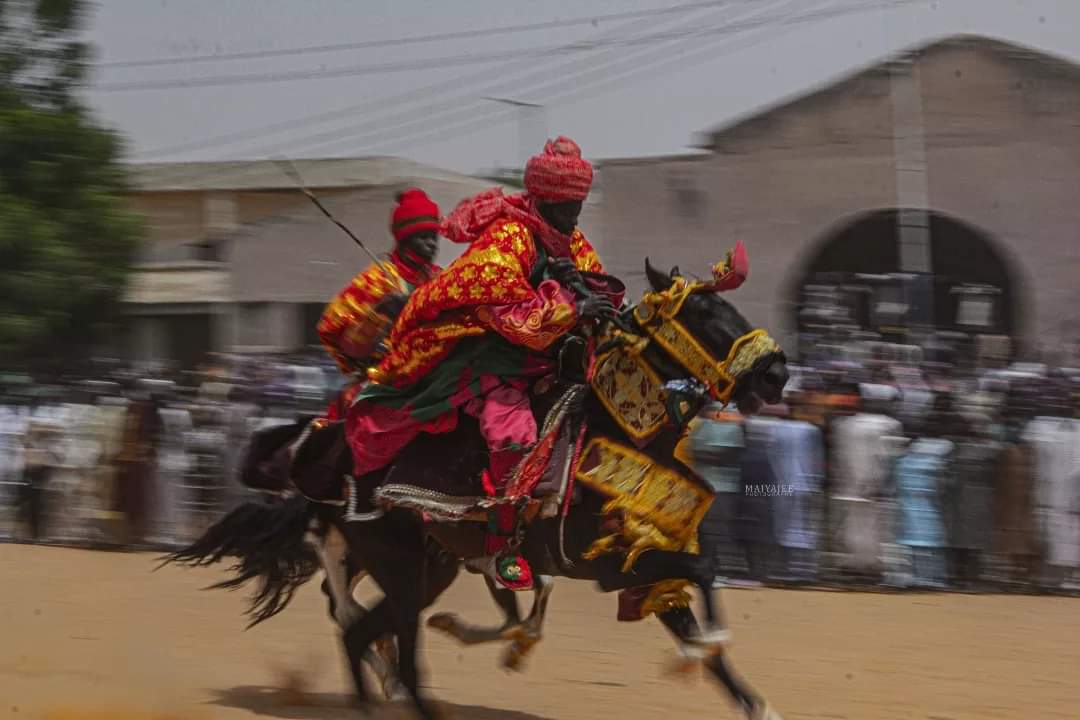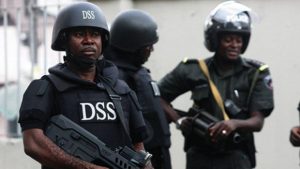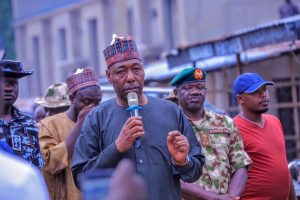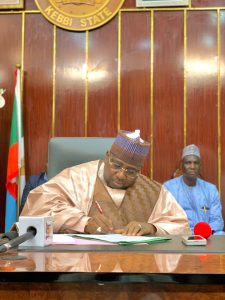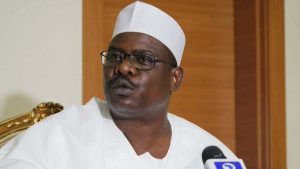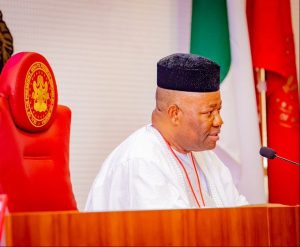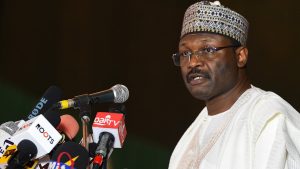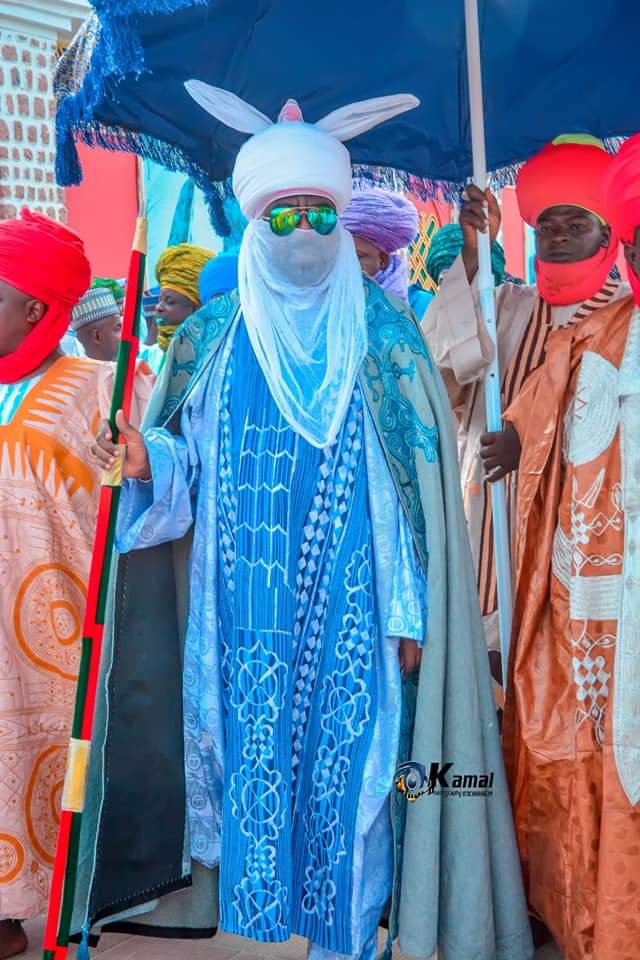
WHAT IS HAWAN SALLAH (EID DURBAR) THE FAMOUS FESTIVAL OF HAUSA PEOPLE.
The HAWAN SALLAH (Durbar festival) is an ancient traditional annual Hausa; cultural, religious and equestrian festival, celebrated as a core part of the Arewa (Northwestern Nigeria) Hausa culture. Durbar has existed for centuries and is as an essential part of Hausa kingdom and Hausa tradition. Durbar is a paramount part of Hausa cultural rites, tradition and history and the Hausa’s are renowned in history as ancient horsemen and warriors of the Sahara and the Sahel.
Durbar is performed in several Hausa Cities and other northern cities of Nigeria, which include the original ancient Hausa Emirates such as Kano, Katsina, Daura, Sokoto, Zazzau(Zariya ),Bauchi, Among others.
The festival is also used to mark the end of Ramadan and also coincides with the Muslim festivities of Eid al-Adha and Eid al-Fitri.
Kano Durbar Festival is Northern Nigeria’s (Arewa) Most Spectacular Tribal Horseparade which marks the celebration of Hausa Kingdom’s cultural treasure.
The Hawan Daushe began as the Emir and his entourage ride out of Gidan Rumfa – the Emir’s Palace, past Kofar Kwaru to Babban Daki – the palace of the Queen Mother, where he pays tribute to his mother.
It begins with prayers at dawn, followed by a colourful mounted parade of the Emir and his retinue of horsemen, musicians, and artillerymen. At the Durbar festivals noblemen travel to pay homage to the Emir and reaffirm their loyalty to their various emirates.
The festival dates back to the 14th century in Kano during the Reign of Sarki (King) Muhammadu Rumfa, the Emirate of Hausa Kingdom and the largest city in Northern Nigeria. The Kano durbar festival is a four-day extravaganza of opulence, horsemanship, and street parades.
Hawan Sallah – the Festival Riding, followed by Hawan Daushe, Hawan Nassarawa, and Hawan Doriya. The most fascinating and impressive aspect of the Durbar celebration is the Hawan Daushe, which also includes the “Jahi”, which attracts viewers from all over the world.

